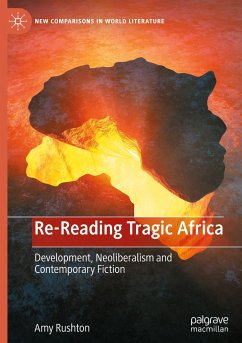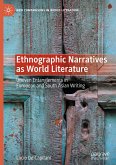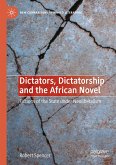Grounded in world-systemic analysis, this book revisits the literary and social implications of 'tragedy' in relation to global narratives about Africa and within fiction by writers from the continent. It argues that working through the full complexity of 'tragedy' helps to identify and challenge plots that depict Africa as reaching a tragic impasse. Instead, reconsidering tragedy allows for further, related interventions including the implications of narratives of development, the argument for formally engaging with literary texts that present challenging material, reformulations of African political and cultural agency, and the possibilities to be found in utopian thinking. It claims that contemporary fiction helps to scrutinise the familiar big picture of Africa and create space for discussions about wider political and historical commonalities between the continent and the rest of the world. As such, the novels discussed in this study are not simply 'about' Africa: these fictionalnarratives position Africa as a central actor within the global history of late capitalism.
Bitte wählen Sie Ihr Anliegen aus.
Rechnungen
Retourenschein anfordern
Bestellstatus
Storno








